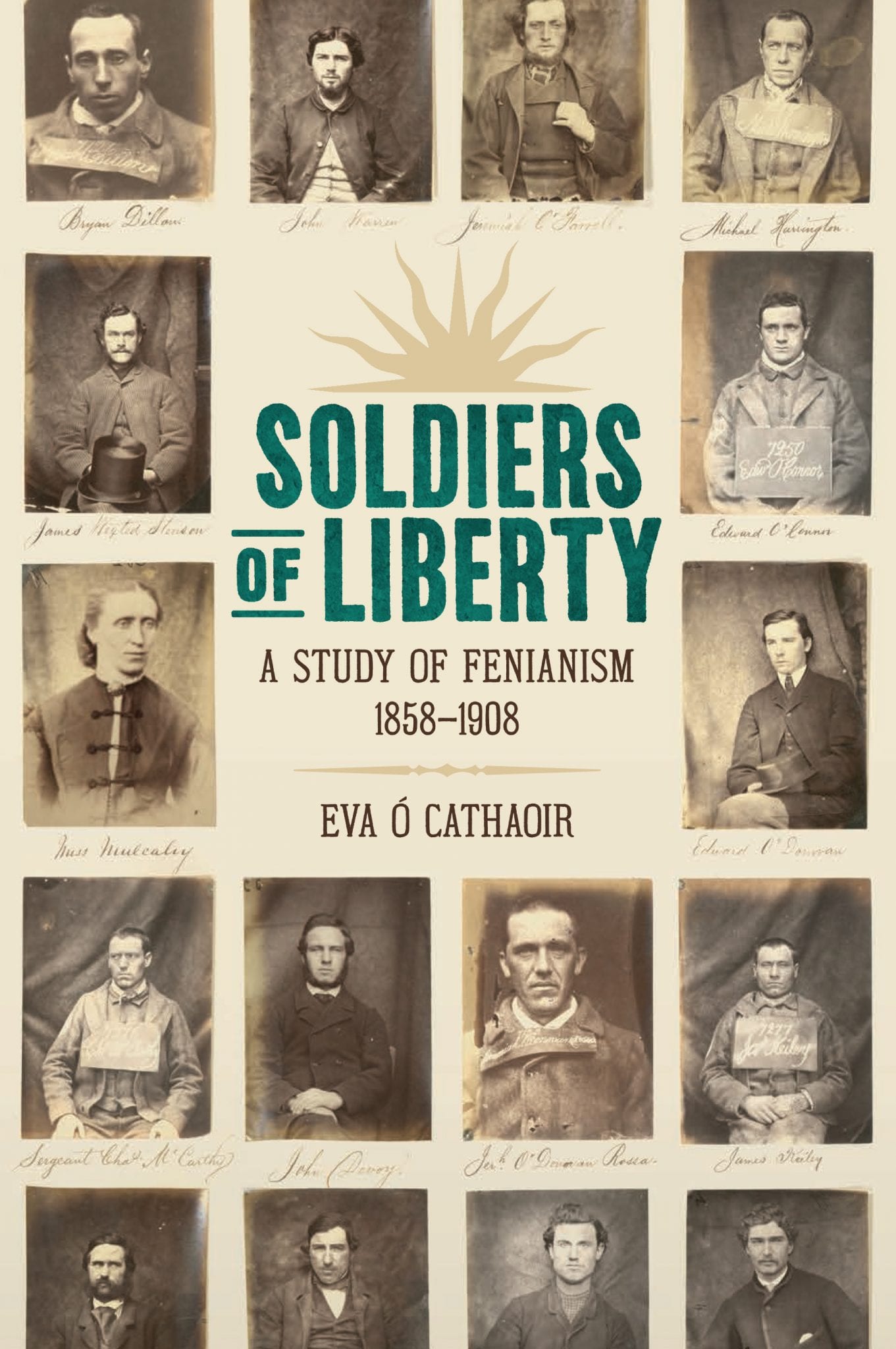Soldiers of Liberty: A Study of Fenianism, 1858 - 1908
Soldiers of Liberty: A Study of Fenianism, 1858 - 1908
Edited by
Author: Eva Ó CathaoirCouldn't load pickup availability
Fenianism railed against the depopulation of a post-Famine Ireland, asserting the rights of ordinary people in defiance of the British Empire, then often supported by the emergent Catholic middle class. As a tenacious conspiracy, represented in these islands by the Irish Republican Brotherhood, Fenianism propagated an independent, egalitarian republic through travelling organizers and radical newspapers, inspired by the ideals of Theobald Wolfe Tone.
Based on extensive archival research, this fascinating monograph rescues from obscurity the lives of over a thousand Fenians.
Soldiers of Liberty traces the secret organization throughout Ireland, Britain, North America and
Australasia, highlighting the contribution of Fenian women and the often tragic lives of committed activists, while revealing the hitherto-unknown fate of ubiquitous informers enlisted by Dublin Castle.
This volume will be of interest to local and national historians.
The detail and depth of the information in this book will make it an invaluable resource for researchers and libraries.
The book includes completely original material.
Families from each townland are listed in detail.
Strong regional interest and up to 100 photos included.
Special emphasis and investigation on the role of women during this time, a previously underappreciated group.
Details
Details
ISBN: 9781843517528
Extent: 584
Published:
Share

Praise and Reviews
-
‘Fenianism’s role in Irish history is controversial and contested. Its penchant for splits, conspiracies, fiascos and funerals is familiar … Eva Ó Cathaoir’s panoramic survey is the first comprehensive scholarly account of the movement from secretive beginning on St Patrick’s Day 1858 to an enigmatic end in the mid-1920s.’ – Cormac Ó Gráda
-
-

About the Author
Eva Ó Cathaoir moved from Albert-Ludwigs-Universität, Freiburg, Germany, to Ireland on winning an Irish government scholarship to continue her studies at Trinity College Dublin. A historian and promoter of Irish heritage, she specializes in nineteenth-century history and has been published widely on the Poor Law, the Famine and the Fenian movement. Her works include A Portrait of Bray (1998) and contributions to Enniscorthy: A History, edited by Colm Tóibín (2010). She also contributed to the History and Society series (Geography Publications, 1994–2008) with chapters on counties Wicklow, Carlow and Clare.

